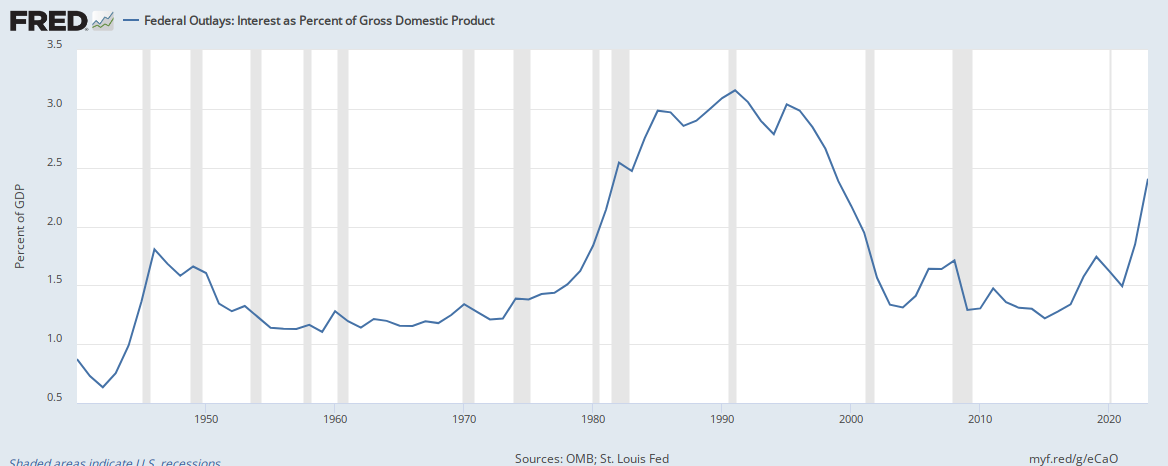Econ4Every1
Active Member
- Aug 7, 2017
- 177
- 5
- 31
It is still splitting hairs................Inventors try to invent and produce something that people will LIKE and BUY.............It doesn't always mean the demand was there............Perhaps the NEED WAS THERE...................doesn't mean everyone was DEMANDING IT.My point was simple..........Not all products produced sell.............Many fail.............They put out a supply of products hoping the demand will follow..............Catch 22 to your argument..............I challenge you to name a single product created by Apple that was created that I can't describe a demand that existed with respect to any product you name, before it was created.
McIntosh TV
Well, in this case, there was obviously little demand as 10k units were shipped and production was canceled after 4 months. I'm going to go out on a limb here, without a source and say that this product failed to recover its R&D costs.
So if you are arguing that I should explain the demand for a product that obviously had no demand, that seems contrary to the challenge I proposed.
So let me restate my challenge in light of this interesting answer.
The product you cite. It needs to have covered its development costs and earned its creators a profit. Otherwise, I'll simply argue there wasn't a demand for the product in question.
Having said that, this product is a perfect example of a product that tries to recognize wants and desires but fails to succeed because of the limitations at that time. I mean, arguably it's brilliant. Years ahead of its time, but it's a perfect example of my claim that products don't create demand, they are subject to them.
If the price had been $500 instead of $3000 (inflation adjusted) perhaps at that price point people would have accepted the value of the device relative to the cost. The demand would have pushed for the infrastructure to support it and it may have succeeded instead of failed.
Great example though. Thanks for adding that. Frankly, I had forgotten all about that. Nice trip down memory lane.
Every new product line is a risk that the public will not want it.
Sure. The point I was making is that demand starts with desires.
I believe that healthy sane people, at a base level desire just a few things.
They want to be happy, healthy and realize well-being and be free from unwanted pain, suffering, and sickness. Everything else we do radiates from those desires.
We buy what we buy to meet our demand to fulfill those desires.
It is the demand to actualize those base desires that are the genesis of the buyer-seller relationship.
When people invent new things, they are tapping into the demand to realize desires that already exist.
However, the desire to acquire goods and services is not the same as the means to acquire them.
You can create the best idea in the world. The demand can only exist if people have the means to acquire what they desire.
Thus, a monetary system that recognizes that demand starts with consumers wish to realize certain base desires must also ensure that the system promotes the means to purchase those things as well.
The reason that there are almost no cars in North Korea isn't that people don't desire them, it's because people lack the means to purchase them.
As far as producers, like a Steve Jobs. His brilliance wasn't just inventing the iPhone. It was doing it in such a way that it met our base desires but at a price that people had the means to acquire. That means bringing suppliers and producers together. That means inventing new techniques in production, that means communicating your vision with investors and with potential customers.....
Steve didn't "create demand" he realized it.
You are still thinking of demand in terms of products, I'm trying to tell you that demand starts within each person as a desire. Certain ideas and products tap into that. They realize our desires. In that way, products are important, but products are not the genesis of the buyer-seller relationship.
The product or idea doesn't create the desire, it realizes it. Therefore the relationship between the buyer and the seller starts with the buyer's desire to acquire what the seller is offering.
Some societies don't buy and sell anything at all beyond what they need to survive (and perhaps certain cultural items, religious totems etc). Is that because they lack choices or the means to make purchases? In some cases perhaps, but one need only find a society that is aware of the outside world where the means exist but the desire does not.
Now, find me a society that creates goods and services without the desire to consume them and I'll concede your point.



